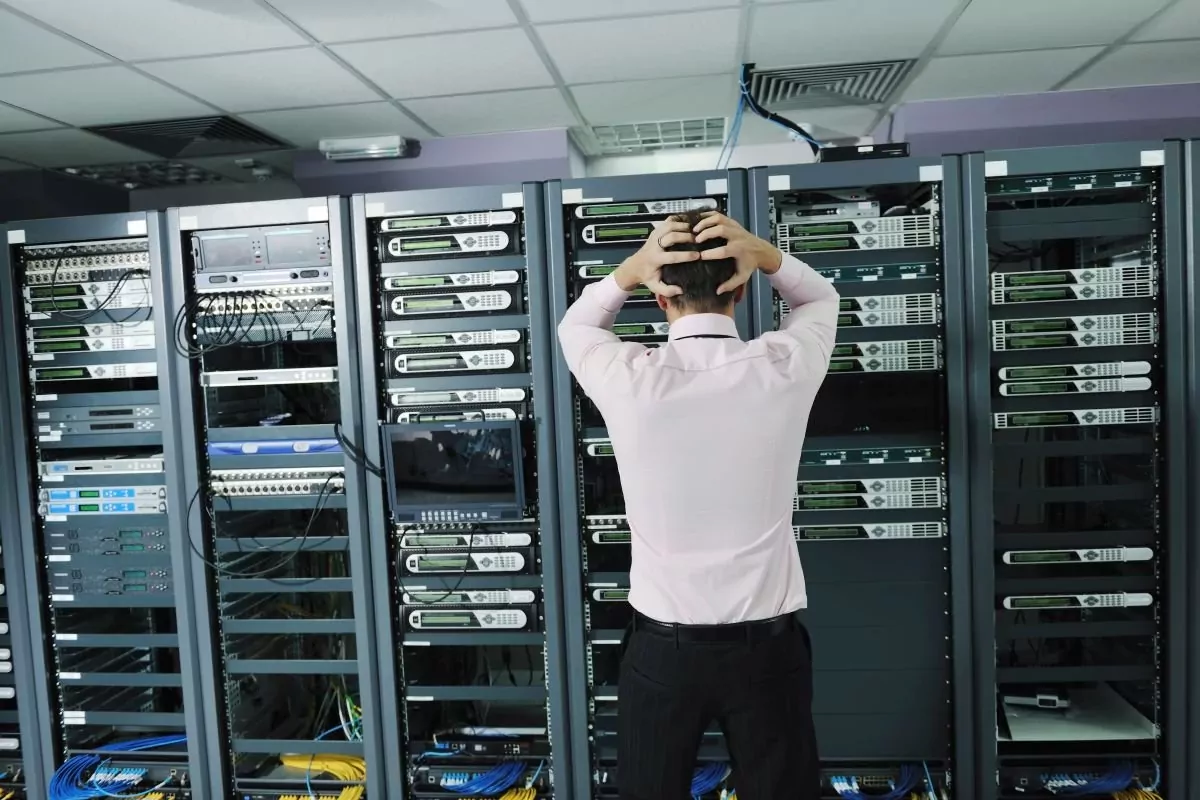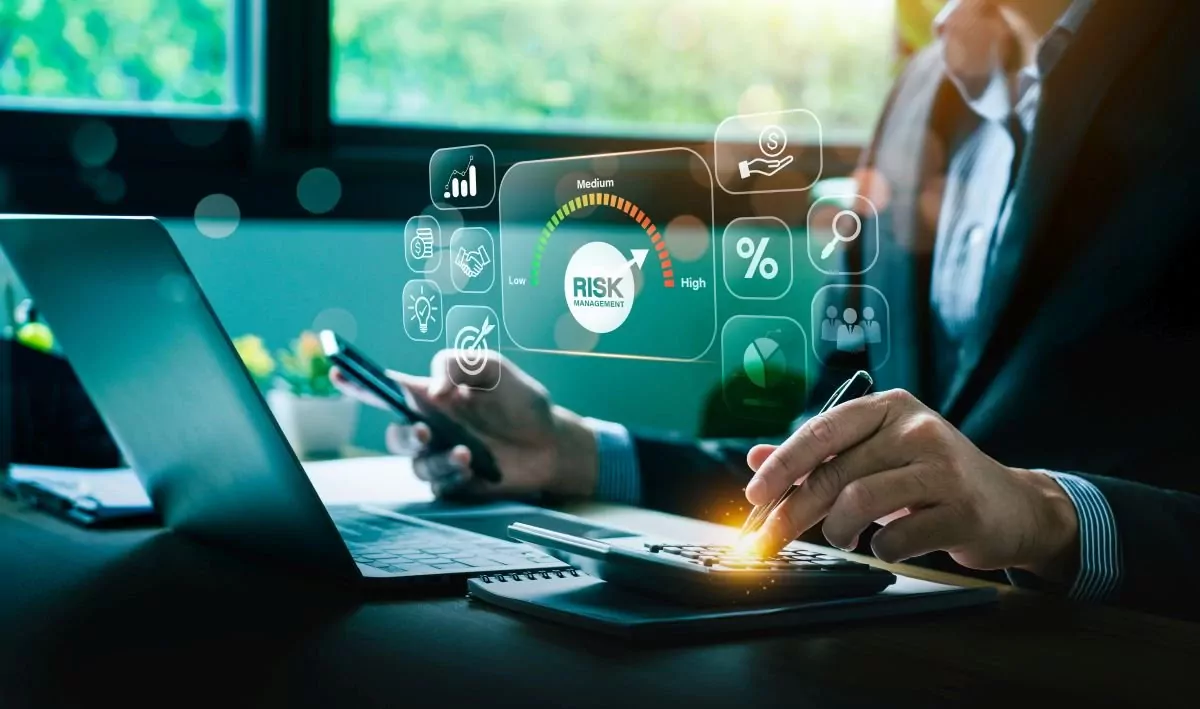Why Does Your Business Need a Disaster Recovery Plan?

Imagine this: a sudden storm floods your office, a hacker steals your customer data, or a fire destroys your inventory. Sounds scary, right? These unexpected events, called "disasters," can hit any business at any time. They can cause big problems, like losing money, shutting down temporarily, or even damaging your reputation.
That's why having a disaster recovery plan is like having an insurance policy for your company - it helps you bounce back quickly and keep things running smoothly, even when things get tough.
So, what's a disaster recovery plan? Think of it as a step-by-step guide on what to do if something bad happens. It covers everything from backing up your important files to having a place for your employees to work if your office is unusable. Let's explore why it's so crucial for your business.
Keep the Lights On: Minimize Downtime and Ensure Business Continuity
When a disaster strikes, every minute your business is closed costs you money. A disaster recovery plan helps you get back up and running as quickly as possible. It's like having a spare tire in your car – you might not need it often, but when you do, you're really glad you have it.
According to FEMA, 40% of businesses never reopen after a disaster, and another 25% fail within one year. A solid plan drastically improves your chances of survival.

Protect Your Treasure: Safeguard Critical Data and Information
Your data is the heart of your business. Customer information, financial records, product designs – it's all valuable. A disaster recovery plan ensures your data is backed up and stored securely, so you don't lose it if something goes wrong.
Did you know that the average cost of a data breach is now over $4 million? Protecting your data isn't just about convenience; it's about protecting your bottom line.
Keep Your Customers Happy: Maintaining Reputation and Trust
Customers want to know you're reliable, even during a crisis. If you can't deliver your products or services because of a disaster, they might go somewhere else. A disaster recovery plan shows your customers that you're prepared and that you value their business. It takes time to build, but it's worth it in the long run.
Stay Out of Trouble: Comply with Regulations
Many industries have rules about how you store and protect data. A disaster recovery plan helps you stay compliant and avoid fines or legal problems. It's like following the speed limit – it keeps you safe and helps you avoid trouble.
Save Money in the Long Run: Mitigate Financial Losses
Disasters can be expensive. Lost sales, repairs, and replacing equipment can add up quickly. A disaster recovery plan helps you identify risks and take steps to reduce the financial impact of a disaster. Think of it as an investment in your company's future.
Keep Your Team in the Loop: Empower Employees to Respond Effectively
When a disaster strikes, it's easy for everyone to panic. A clear plan gives your employees a roadmap to follow, so they know what to do and can work together to get things back on track. It's like having a fire drill at school – everyone knows what to do, so they can stay safe and get out of the building quickly.

Making Sure Your Business Has a Disaster Recovery Plan
In today's world, a disaster recovery plan isn't a luxury – it's a necessity. It's like having a first aid kit for your business. You hope you never need it, but you're prepared if you do. So don't wait until it's too late. Start planning today and protect your business from the unexpected.

